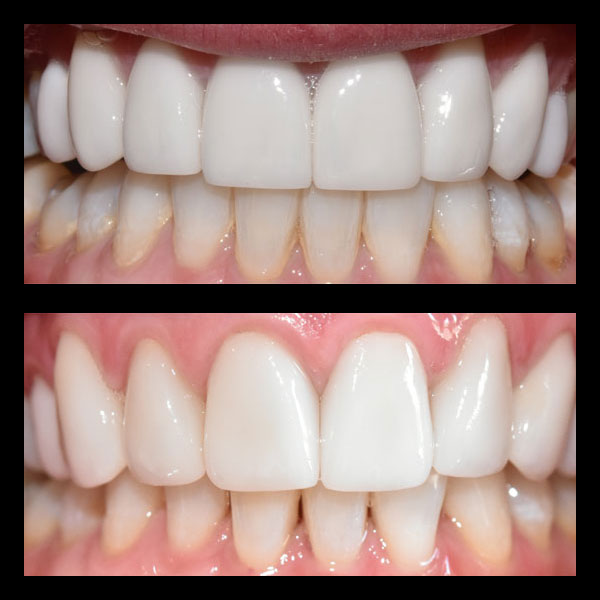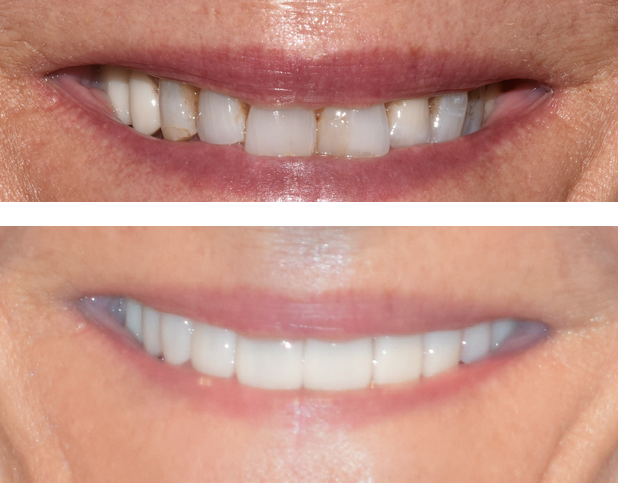Tooth loss can be a daunting challenge, both aesthetically and functionally. Discover how dental implants provide a reliable and long-lasting solution, combining advanced dental care with artistic precision, trusted by the Boulder community for over 30 years.
Understanding Dental Implants
Dental implants are artificial roots, typically made of titanium, which are surgically embedded into the jawbone. These serve as a sturdy foundation for supporting crowns, bridges, or dentures, much like how roots support natural teeth. The process begins with a thorough assessment to ensure sufficient bone density, followed by the precise placement of the implant.
Implants offer not just physiological benefits, by maintaining the integrity of the jawbone and preventing bone loss, but also enhance aesthetics. They help maintain the natural shape of your face and prevent the sunken appearance often associated with missing teeth. As a result, they present an ideal solution for anyone prioritizing both function and appearance.
In comparison to traditional dentures or bridges, dental implants are more durable and permanent, circumventing issues such as slippage and frequent replacements. They require no reduction of other teeth, as is necessary with bridges, and they promote oral health by acting much like natural teeth.
From a long-term perspective, dental implants are a significant investment in your oral health. They contribute to maintaining jaw stability, reducing the risk of additional tooth loss, and helping retain your facial structure. All these factors together underscore why many turn to implants for resilient and lasting dental solutions.
The Implant Procedure: What to Expect
The dental implant procedure is methodical and involves several steps to ensure a successful outcome. Here is a general guide to what patients can expect during the implant process:
| Procedure Step | Description | Estimated Time |
|---|---|---|
| Initial Consultation | Dental assessment and discussion of goals and expectations. | 1-2 hours |
| Implant Placement | Titanium implant post is surgically placed in the jawbone. | 1-2 hours |
| Osseointegration | The implant integrates with jawbone over several months. | 3-6 months |
| Abutment Placement | Placed on top of the implant post to hold the crown. | 30 minutes |
| Crown Attachment | Custom-made crown is secured onto the abutment. | 1 hour |
Physiologic dentistry plays a crucial role in implant placement, ensuring that the implants harmonize with the body’s natural physiology for optimal results. Recovery typically involves maintaining oral hygiene, adhering to dietary recommendations, and following up with your dentist to monitor healing and implant integration.
Benefits of Dental Implants in Boulder, Colorado
With decades of experience, Incredible Smiles offers unparalleled expertise in implant dentistry, making them a preferred choice for many in the Boulder area. Here are some common benefits mentioned by patients:
- Restored function similar to natural teeth
- Improved facial aesthetics
- Enhanced comfort and convenience over traditional solutions
- Long-lasting and durable results
Many patients report a significant boost in their quality of life and self-confidence following implant placement, as they can enjoy favorite foods and smile freely without concern. Beyond function, implants at Incredible Smiles are crafted with an artistic touch, refining both the smile and face’s overall appearance.
Additional Insights: Dental implants also help preserve the natural alignment of adjacent teeth, reducing strain and preventing the shifting that might occur with missing teeth. They improve speaking clarity and eliminate the inconvenience of adhesives often needed for dentures.
Additionally, dental implants integrate seamlessly with your natural oral structure, ensuring both comfort and effectiveness. Patients often appreciate the convenience and ease of maintenance associated with implants, which mimic natural teeth in terms of care requirements.
Choosing the Right Provider
Selecting the right provider is critical for the success of dental implants. Here are key factors to consider:
- Proven experience and specialization in implant dentistry
- Advanced technology and methods
- Comprehensive care and personalized treatment planning
Trust and reputation in dental care cannot be understated. It’s essential to feel comfortable with your provider and assured of their capabilities. Asking the right questions can aid in making an informed decision:
- What are your qualifications and experience with dental implants?
- Can you provide examples of successful implant cases?
Another element to consider is post-operative support. Ensure that your provider offers comprehensive follow-up care and has accessible emergency services. This attention to detail can make all the difference in the success and longevity of your dental implants.
Choosing a provider with a patient-centric approach that values communication and transparency is vital. Your decision should also take into account cost structures and financing options, ensuring clarity from the outset.
Frequently Asked Questions
What are dental implants and how do they work?
Dental implants are artificial roots, typically made of titanium, that are surgically embedded into the jawbone to serve as a foundation for supporting crowns, bridges, or dentures, much like natural teeth roots.
What are the benefits of choosing dental implants over traditional dentures or bridges?
Dental implants are more durable and permanent, avoiding issues such as slippage and frequent replacements. They maintain jaw stability, reduce the risk of additional tooth loss, and help retain facial structure without requiring other teeth reduction.
What is the general process for getting dental implants?
The process includes an initial consultation, surgical placement of the titanium implant, a period of osseointegration for the implant to bond with the jawbone, abutment placement, and finally, the attachment of a custom-made crown.
How do dental implants contribute to oral health?
Dental implants help maintain the jawbone’s integrity, prevent bone loss, and preserve the natural alignment of adjacent teeth. They act like natural teeth, promoting oral health and functioning.
What should be considered when choosing a dental implant provider?
Key factors include the provider’s experience and specialization in implant dentistry, the use of advanced technology, comprehensive care, personalized treatment planning, and post-operative support.








